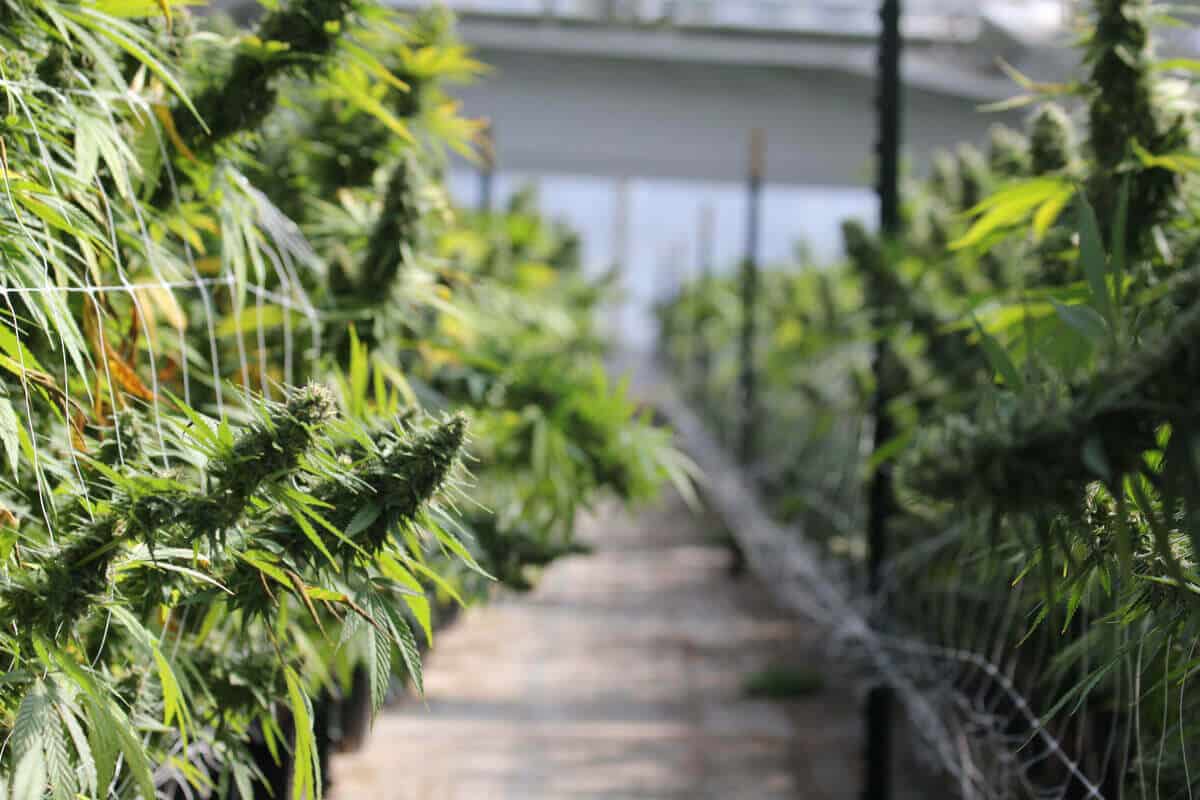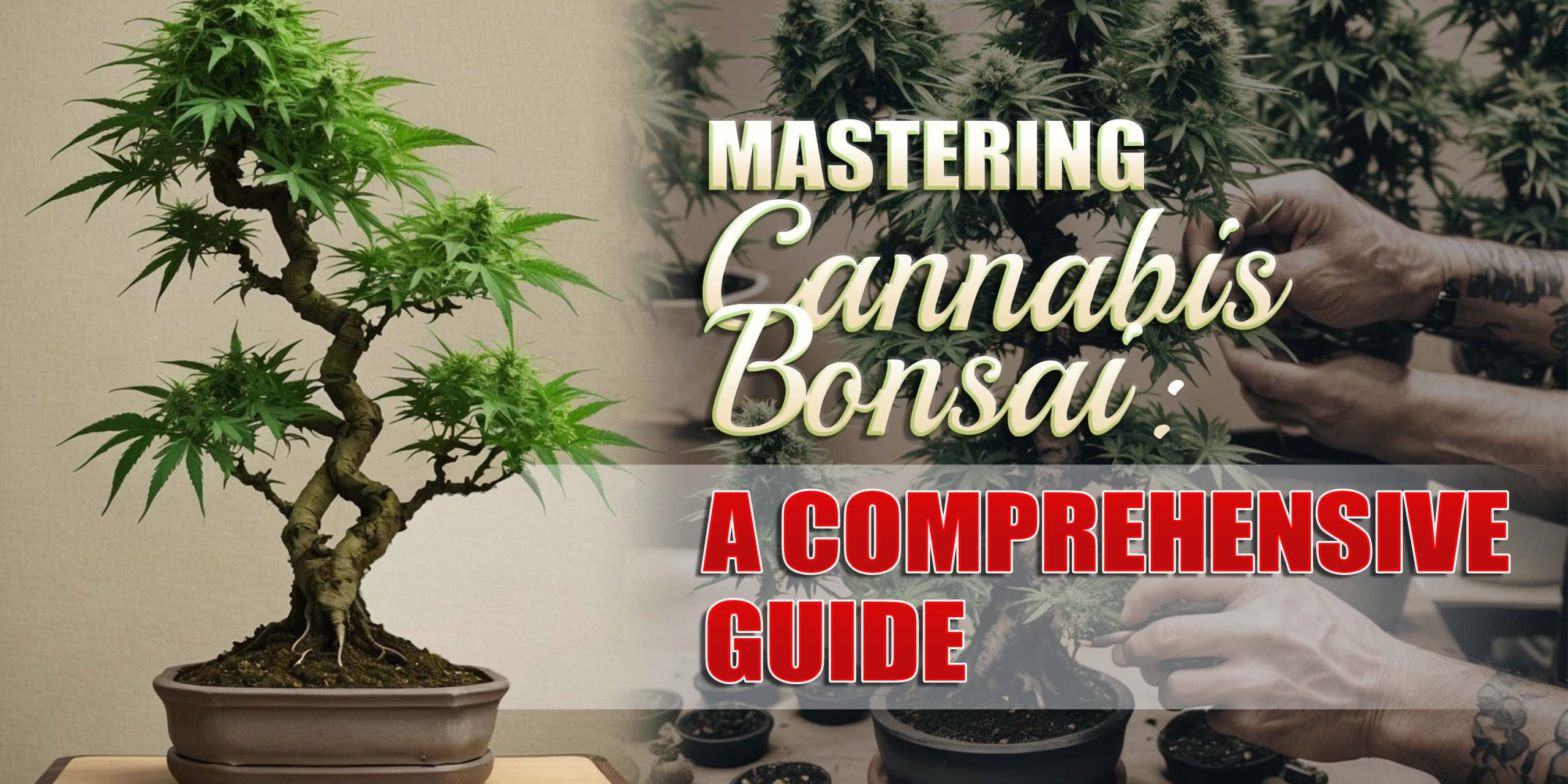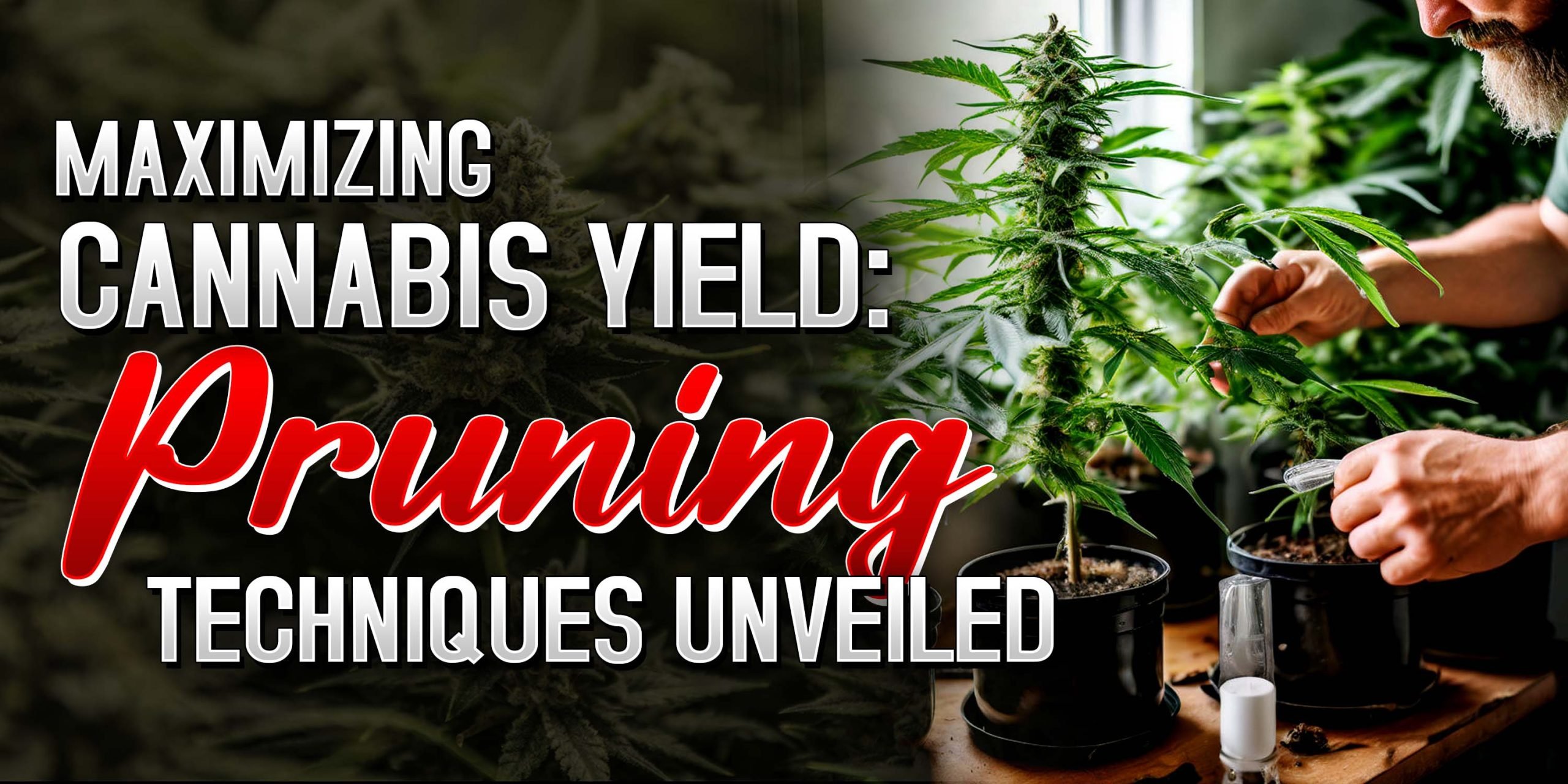Cannabis cultivation entails a very intricate process in growing marijuana plants. Through the years, cannabis cultivation has undergone several changes and has improvised how to grow cannabis plants due to its ongoing battle for legalization. With that behind us, growing weed right in our backyard is now possible, and certain techniques continue to help let the plants flourish. One such technique involves are the use of super cropping.
But, what is super cropping, and how does it help marijuana plants to grow properly? In this article, you will know what it is and why cultivators would rather go for this method to help increase their yielding potential.
What is Super Cropping?
Super cropping is a high-stress training technique for cannabis plants that uses advanced methods that can help deliver large amounts of yield. It is largely employed by many experienced growers all over the world due to how complex the process is. This is why not a lot of novice growers try and risk their potential yield with this technique. With the right information and skillful maneuver of the method, growers can expect a large boost of their yield by harvest.
This technique involves bending the stalks or branches of the cannabis plants. The stalks and branches are bent horizontally so that it exposes an area of the plant where it has a good potential to grow buds. This exposed area allows for proper lighting and ventilation, which is a great way to nourish the buds and let it thrive in a good environment. It uses a certain technique to soften the stalk of the plant, making them malleable; thus, it does not break when it is repositioned.
Some might be thinking that cannabis plants are very sensitive to stress, which can have massive side effects on the outcome. However, the kind of stress you place on the plant is minimal enough that it does not bear any negative effect apart from snapping the stem in half. This can be avoided through skillful technique. Apart from that, providing little stress to plants allows its natural mechanism to produce more terpenes and cannabinoids, thus allowing for a more potent outcome.
Another reason why most growers tend to use super cropping as a technique to enhance their yield is that it manipulates the way the plants grow. The stems of the plants are bent, and once they begin to recover, they form a thick knot that later on can support the large buds that the plant produces. This enhances the structure of the plant, making them sturdier and durable against environmental factors such as wind and weather.
When To Perform Super Cropping?
Novice growers are highly advised to skip this method if they are aware of the potentials and risks involved. Once they have garnered enough experience and have weighed in the risks, super cropping can be done about 3 to 7 days before the plant transitions to the flowering stage. This is the right time for the plant as it starts to focus all of its resources to develop buds.
You can also do it again during the first two weeks of the flowering stage. Be mindful of letting the plants get some rest after each super cropping to allow them to heal. Expect to see large buds to grow at the site where you did the super cropping. As soon as you begin to get familiar with this technique, you can infuse more techniques that will help improve the plant over its life cycle.
However, super cropping does not always have to be done all the time. Remember that super cropping can only be done to healthy plants. Never do so if your crops are sick or suffering from infestation or nutritional deficiencies. The plants are already exposed to stress, and adding more will hurt your chances of having a successful harvest.
Guide to Super Cropping Your Cannabis Plants
It will take a lot of experience for growers to have the perfect technique in performing super cropping. One single mistake will have a massive effect on your plant and can risk stunted growth. However, the result of doing a good job with super cropping is always very rewarding. Always handle your plants with care when doing the following steps.
- Choose the taller branches to crop. These should be the ones that are not too thick and not too woody as they are the ones that break off easily or are very difficult to manipulate. Choosing the taller branches will also limit the height of the plant since you will be bending them sideways and create more canopy.
- Start from the bottom of the chosen branch first. Squeeze the area tightly to release the fibers and make them more pliable. This way, it is much easier for you to bend it slightly towards a direction you want the plant to grow. Take the time to feel the branches first and see how well it reacts to you bending it.
- After bending the branch, tie it down using a string or a zip tie. Work your way up to the entire branch, but leave the area near the tip to grow. Then, move to another branch and start the process again. After that, you should have a few branches bent at a 90-degree angle.
- Leave the plant for several days to let it recover from the trauma. As soon as the plant hits the flowering stage, you can start super cropping it again. For newbie growers, the time spent feeling the branches will take some time, but it is a technique worth learning.
- For those that have broken branches, there is no need to worry. All you need to do to help the plant recover is to place duct tape around the tear and tie it to another nearby branch. Let the plant recover for at least a week, and you will start to notice knots forming at the area that was broken. This should be a sign that your plant has recovered well.
Conclusion
The use of super cropping allows the plant to produce more bud sites, thus enabling more buds to grow. This would turn the plant into a massive source of buds that will improve your yield over time. Learning how to use super cropping is essential for those who want to produce high quality and high quantity buds in a short amount of time.


















